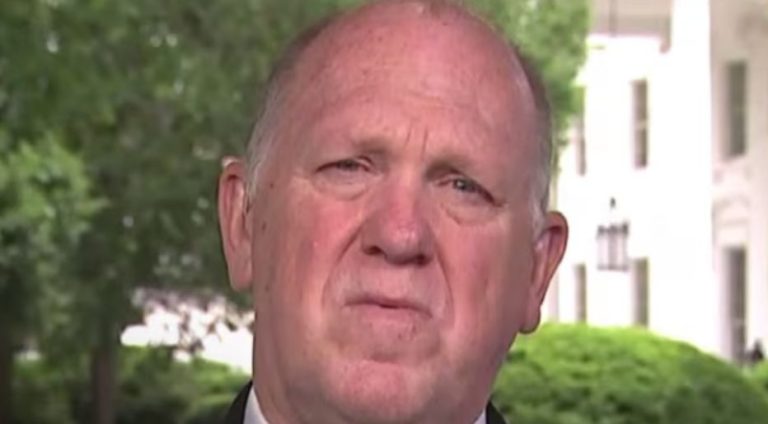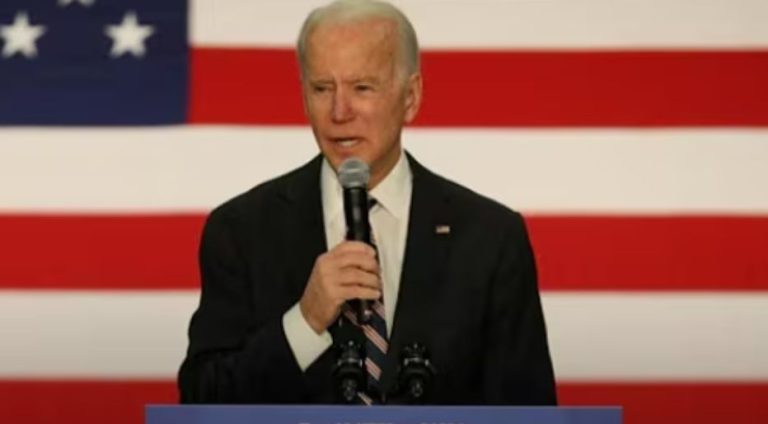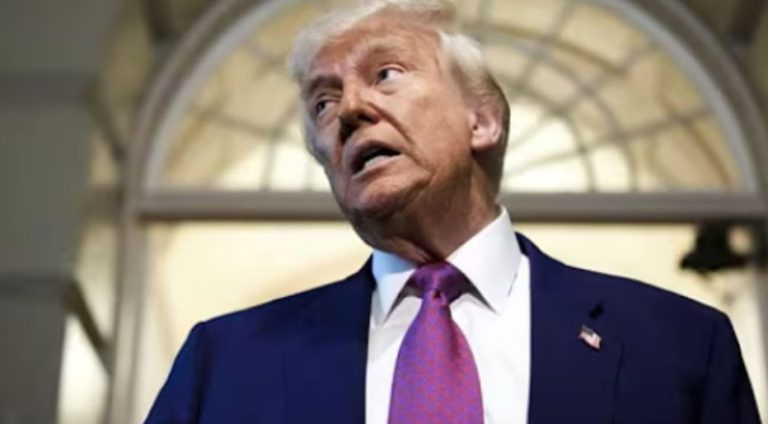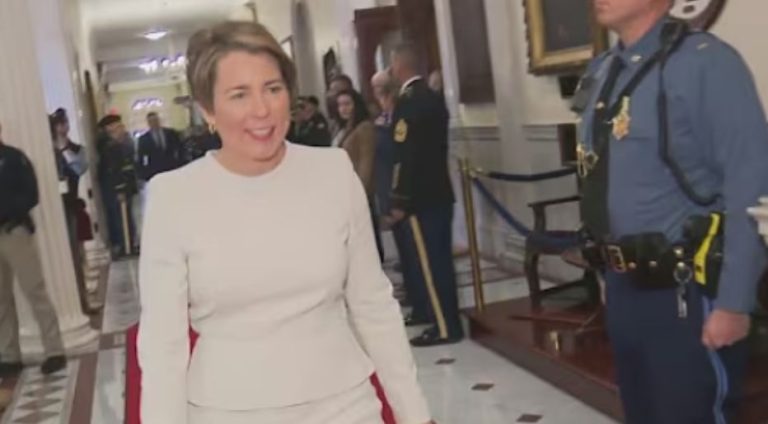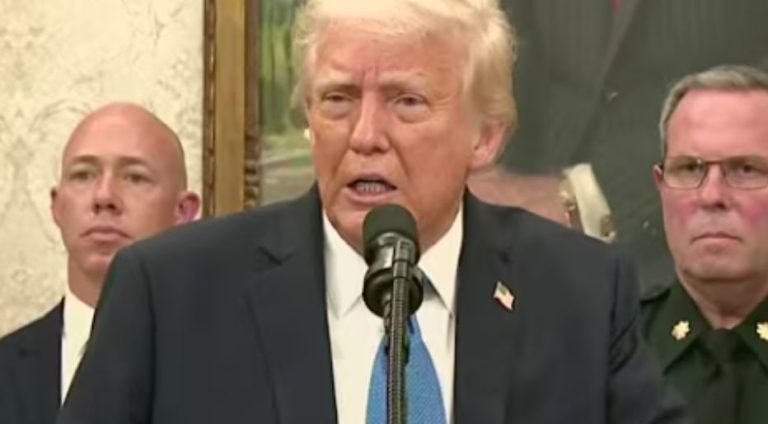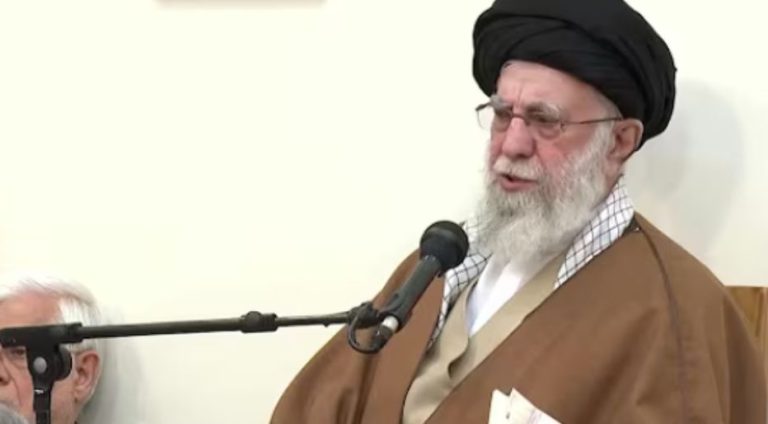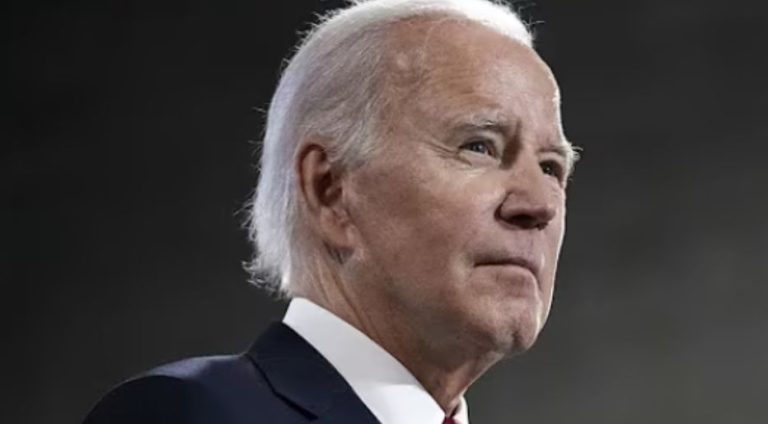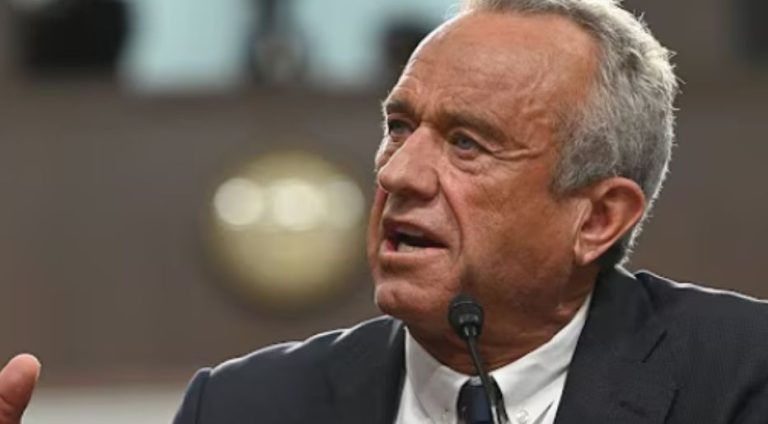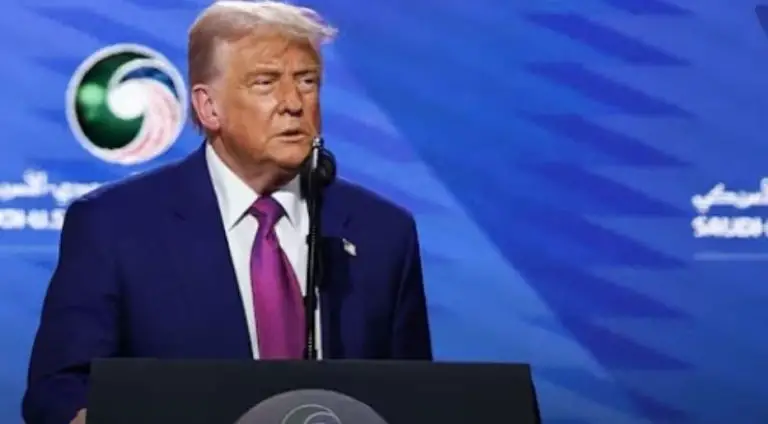Border Czar Homan’s no nonsense approach to the border has impressed Republicans. But the Left is more mad than ever.
Now Tom Homan’s border announcement has left Democrats screaming in rage.
Border Czar Homan Hails Trump’s Reconciliation Bill
Border Czar Tom Homan expressed strong support for President Donald Trump’s “Big, Beautiful” reconciliation bill, describing it as a critical step toward securing the southern border and strengthening enforcement efforts. In an exclusive interview with The Daily Wire, Homan outlined how the legislation equips border authorities with essential resources to protect national security and public safety.
“We’ve made a lot of progress on the border, but we want to keep it permanent,” Homan told The Daily Wire outside the White House on Wednesday, ahead of the bill’s passage. “We need the money, not just for the border, but interior enforcement operations. Money for the border is gonna help continue building the border wall. Every place the border barrier’s been built, illegal immigration went down, illegal drug flow went down, so we gotta put more border wall up.”
His enthusiasm underscores the bill’s role in sustaining and expanding these achievements.
Strategic Investments in Border Security
The Republican-led House passed the reconciliation bill in a tight 215-to-214 vote early Thursday, a major win for the Trump administration after intense negotiations. Homan detailed how the funding will enhance border operations, emphasizing the need for advanced technology alongside physical barriers.
“We need the technology added to the wall so border patrol agents can communicate to one another in dead areas. It’s gonna let us know when people approach the wall, climb over the wall, dig under the wall. We need that technology. So wall and technology plus technology where there’s not a wall, right?” he explained.
Homan also highlighted the importance of technology at ports of entry to maintain efficient trade while detecting contraband, stating, “Also, technology at the ports of entry. So trade can continue at a fast pace, but we have best technology, find drugs and other contraband coming through the ports.”
Additionally, he stressed the urgent funding needs for U.S. Immigration and Customs Enforcement (ICE), noting, “ICE is in the hole right now. They’ve got about 50,000 people in beds. We’re funded for 34,000. ICE is already in the hole, so if we want to continue this massive deportation operation, we need more money.”
Addressing Criticism and Bipartisan Challenges
Homan robustly defended the administration’s border security record, asserting, “We’re doing great. Right now, the criminals arrested by ICE are about three times higher than Joe Biden under the same timeframe, but it should be 10 times higher because Joe Biden wasn’t doing anything. So we need more money to do more.”
He addressed critics who argue for more deportations, agreeing, “People are asking, they don’t think there’s enough deportations, not enough ICE arrests. I agree with ’em. I’m pushing for more arrests. We need money to do it. We need more money for boots on the ground. More money for detention beds. We should have at least a hundred thousand beds.”
He called for bipartisan support, noting, “there are a handful of Democrats that believe in border security and national security.”
However, he expressed frustration with partisan resistance, stating, “But as a party, you’re never gonna get every vote from every Democrat. ‘Cause I think a lot of ’em put politics over public safety plus politics over national security.”
Homan argued that the administration’s success exposes past failures, saying, “I think there’s a political firestorm right now. I don’t think Democrats are ever gonna agree. Our success shows their failure. Our success shows the lies of the last administration saying the border is secure, showing they’re vetting everybody, and all the lies they told we’re proving ’em wrong.”
Reflecting on his 40-year career, Homan asserted, “I’ve worked for six different presidents. I’ve seen hundreds of policies come and go. I know what works, what doesn’t. What we’re doing right now is working. It’s a game changer.”
He urged Congress to prioritize national interests, concluding, “Give us some money to deal with it, prove that you’re really representing your constituents. Prove that you actually care about the safety and security of this country. Love your community more than you hate President Trump.”

